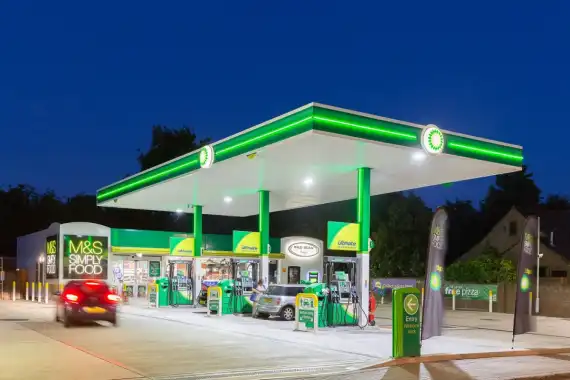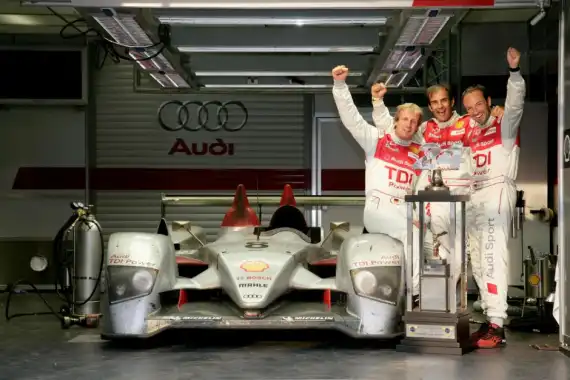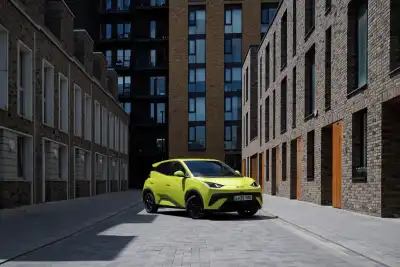
As numerous western governments around the world seemingly spelled the end of the combustion engine with the banning of engines that run solely on petrol and diesel, it’s fair to say the future for the combustion engine looked relatively bleak.
If it was a business its share price would’ve crashed.
But, as we’re only now just over eight years away until the ban comes unto force here in the UK, there has been seemingly been a vote of confidence from manufacturers around the world that our future does indeed lie with the combustion engine.
How do we know? Well, rumours from the F1 paddock that VW Group, or at least one of its brands will be joining the pit lane from 2026.
2026 is when the next major engine redesign comes in and presents and opportunity for new manufacturers to join the fun.
F1 to be carbon neutral from 2030
As part of this redesign, F1 and its engine manufacturers (Mercedes, Renault, Ferrari and Honda) could’ve gone pretty much any way it wanted to. The two major factors influencing engine decisions are cost and the ability for the technology to transferred to production cars.
When choosing to opt for a revised hybrid engine with the removal of an expensive MGU-H unit for 2026, F1 and its manufacturers, which will likely include VW as it has been at the table for talks, are therefore unsurprisingly predicting that hybrid technology will continue to be a key player in the market in 2026 and beyond.
As part of F1’s drive to be carbon neutral by 2030 these hybrid engines will need to be fueled differently to the way they currently are.
The introduction of sustainable fuels is a fundamental part of F1’s future strategy that will see it be carbon neutral from 2030.
As with our own pumps, E10 fuels have been introduced at the F1 pitlane to this year, 10% of which are made from biofuels but there are much bigger plans for the future which should see the sport very much lead from the front given the nature of the industry.

These plans include introducing fuels made from biomass and synthetic e-fuels. Both can be used to fuel internal combustion engines, hence why there will likely be life in the old dog yet.
If that’s unsurprising, maybe another revelation from the BBC’s Andrew Benson is slightly more eye catching.
He’s reported here that from 2030 hydrogen is being seriously investigated as the next fuel for the sport in what is a clear ‘no’ to full electric power.
What are biomass and synthetic fuels?
Like regular gasoline, both fuels emit CO2 which is a major hurdle.
They have a claim to being more sustainable however as they create reduced emissions over the life cycle of the fuel.
Biomass is made from waste oil from animals and plants, waste from homes and businesses and even feedstocks. The fuel is considered to be carbon neutral as the product will only ever give out the same amount of carbon when it’s burned than it’s absorbed while growing.
Synthetic fuels can also be carbon neutral and are made via an industrial process that captures CO2 from the atmosphere and combines it with hydrogen to make fuel. The major downside with synthetics is that manufacturing them, with today’s technology at least, requires a lot of energy which downgrades just how ‘green’ the fuel is.
VW Group brand, Porsche, has already invested heavily in a synthetic e-fuel plant in Chile – hence why speculation is growing that it will be Porsche themselves, or potentially Audi with its famous Le Mans history, that are the brand that enters F1 in 2026.

F1 bosses have not yet committed one way or the other to either biomass or synthetic fuels and don’t appear to have a preference at this stage, which is likely because the manufacturers themselves don’t yet know either.




